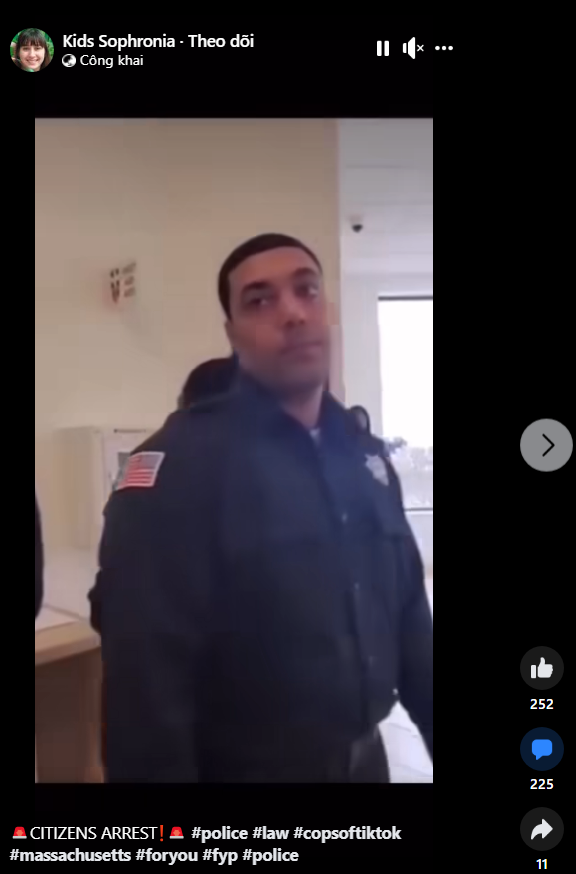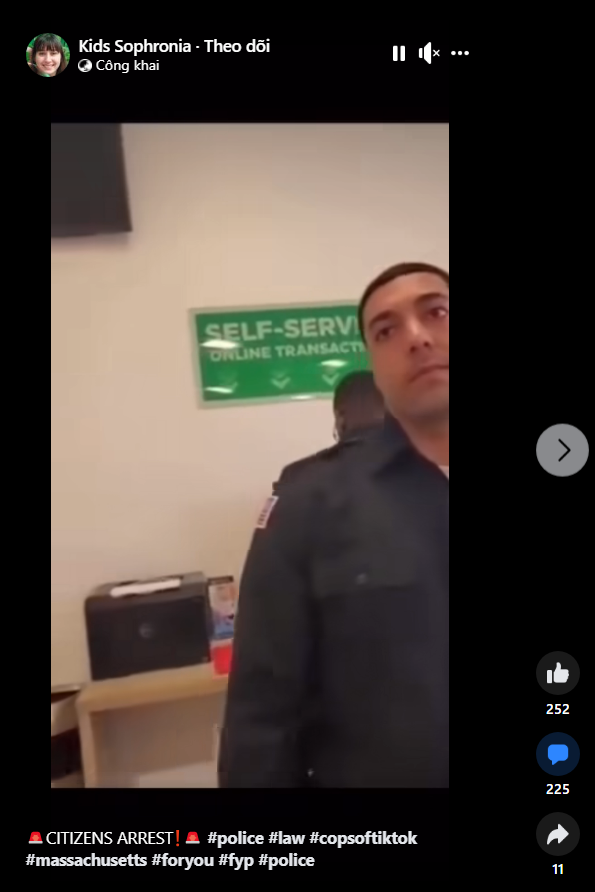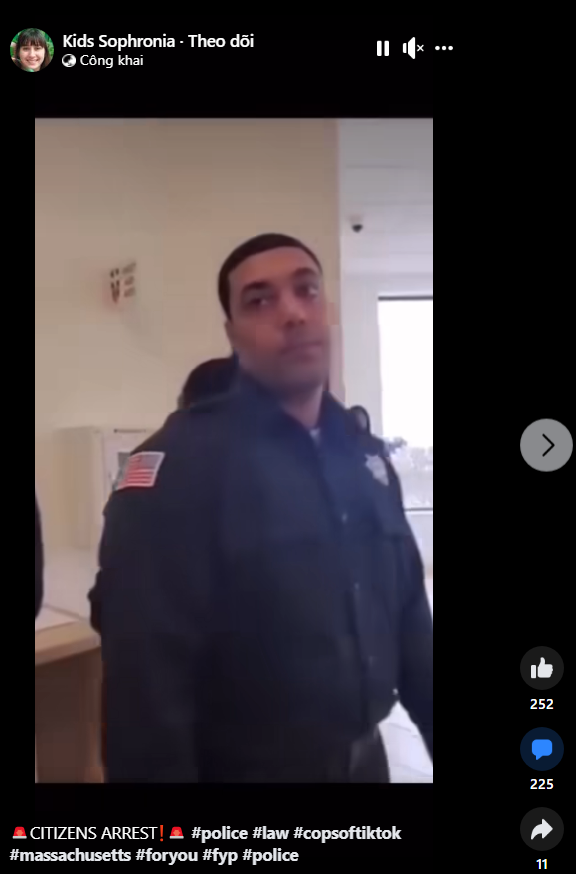Understanding the process of a citizen’s arrest by the police is vital knowledge in today’s society. While we hope to avoid such situations, being aware of the necessary procedures can help safeguard both the rights of the individual and the responsibilities of law enforcement. Here’s a breakdown of how police arrest a citizen and the essential procedures you should know:

1. Probable Cause: Before making an arrest, law enforcement must establish probable cause. This means they must have sufficient evidence or facts that lead to a reasonable belief that a person has committed or is about to commit a crime. Probable cause is a fundamental requirement to protect individuals from arbitrary arrests.

2. Warrant Requirement: In most cases, police require a warrant to arrest a citizen. A warrant is issued by a judge and authorizes law enforcement to arrest a specific person for a particular offense. However, there are exceptions, such as situations where a crime is committed in an officer’s presence or when exigent circumstances exist.

3. Arrest Process: When an officer has probable cause and, if necessary, a warrant, they will approach the individual and inform them of the arrest. It’s essential to comply with the officer’s instructions, even if you believe the arrest is unjust. Resisting arrest can lead to additional charges and potential harm.

4. Miranda Rights: After the arrest, the police are required to inform the individual of their Miranda rights, which include the right to remain silent and the right to an attorney. These rights are intended to protect the individual’s Fifth Amendment rights against self-incrimination.
5. Booking and Processing: Once arrested, the individual is typically taken to a police station for booking and processing. This involves recording personal information, fingerprints, and photographs. It’s a necessary step in the legal process.
https://www.facebook.com/reel/1995398970802083

